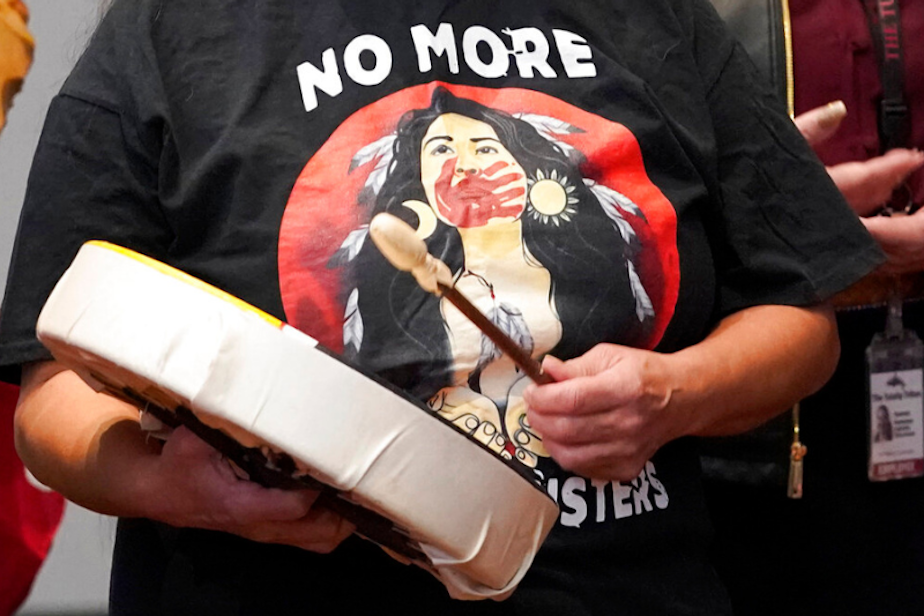Task force urges Washington to create cold case unit for missing Indigenous women

Washington state's task force on missing and murdered Indigenous women is recommending a special cold case unit be created within the state's attorney general's office.
The group released its initial recommendations Monday as part of its 2022 interim report.
“Because as a result of the institutional and structural racism within law enforcement, our people were not seeing investigations and our loved ones were dying in silence," said task force member and director of the Urban Indian Health Institute, Abigail Echo-Hawk.
RELATED: Washington's Missing Indigenous People Alert system goes live
The group plans to ask state lawmakers to create a fund for this unit during the next legislative session.
Sponsored
Attorney General Bob Ferguson says the unit could pass along information to local prosecutors to see if they can find any grounds for criminal charges.
RELATED: Washington's first missing Indigenous person alert is issued
Washington's Missing and Murdered Indigenous Women and People (MMIWP) Task Force has 25 members and is supported by the state attorney general's office. The cold case unit is one recommendation among a list of 10 from the task force's recent report.
Other recommendations ask that research on the issue open up to all genders, encourage improving law enforcement collaboration, and promote inclusive language.
As stated on the AG Office's website, the full recommendations include:
Sponsored
- Establishing a fully funded MMIWP-focused cold case unit within the Attorney General’s Office — the Legislature should establish and fully fund a Cold Case Investigation Unit within the Attorney General’s Office with a focus on MMIWP cold cases.
- Standardizing the use of the National Missing & Unidentified Persons System — the Legislature should require all law enforcement agencies to use the National Missing & Unidentified Persons System.
- Expanding the scope of MMIWP data and research to all genders — the data and research team should expand its scope to understand how American Indian and Alaska Native people experience violence across the gender spectrum, including women and girls, men and boys, and the LGBTQ2S community.
- Working with law enforcement agencies to expand coordination — the Task Force shall develop best practices for law enforcement agencies and for social and health services to improve their collaboration, as well as collaboration and coordination with federal, state, county, local and tribal social and health services.
- Promoting inclusive language — community service and resource programs should utilize inclusive language that reflects the experiences of MMIWP families and survivors.
- Improving communication and transparency in MMIWP cases — all law enforcement agencies should identify and implement strategies and practices to improve communication and transparency with family members in MMIWP cases.
- Updating the Missing Person’s Resource — the Attorney General’s Office shall update and re-issue the Missing Person’s Resource.
- Reducing or waiving fees for MMIWP public events — public agencies should consider adopting policies to waive or reduce fees for parks, permitting fees and other costs, and reduce administrative burdens associated with hosting large events such as MMIWP marches, rallies, vigils and memorials.
- Continuing to support sovereignty and self-determination — the Task Force will continue to provide consultation to federally recognized tribes in support of sovereignty and self-determination.
- Extending the MMIWP Task Force timeline through June 30, 2025 — the Task Force is currently only authorized and funded through 2023. Task Force members believe meaningfully addressing this crisis will take more time.

